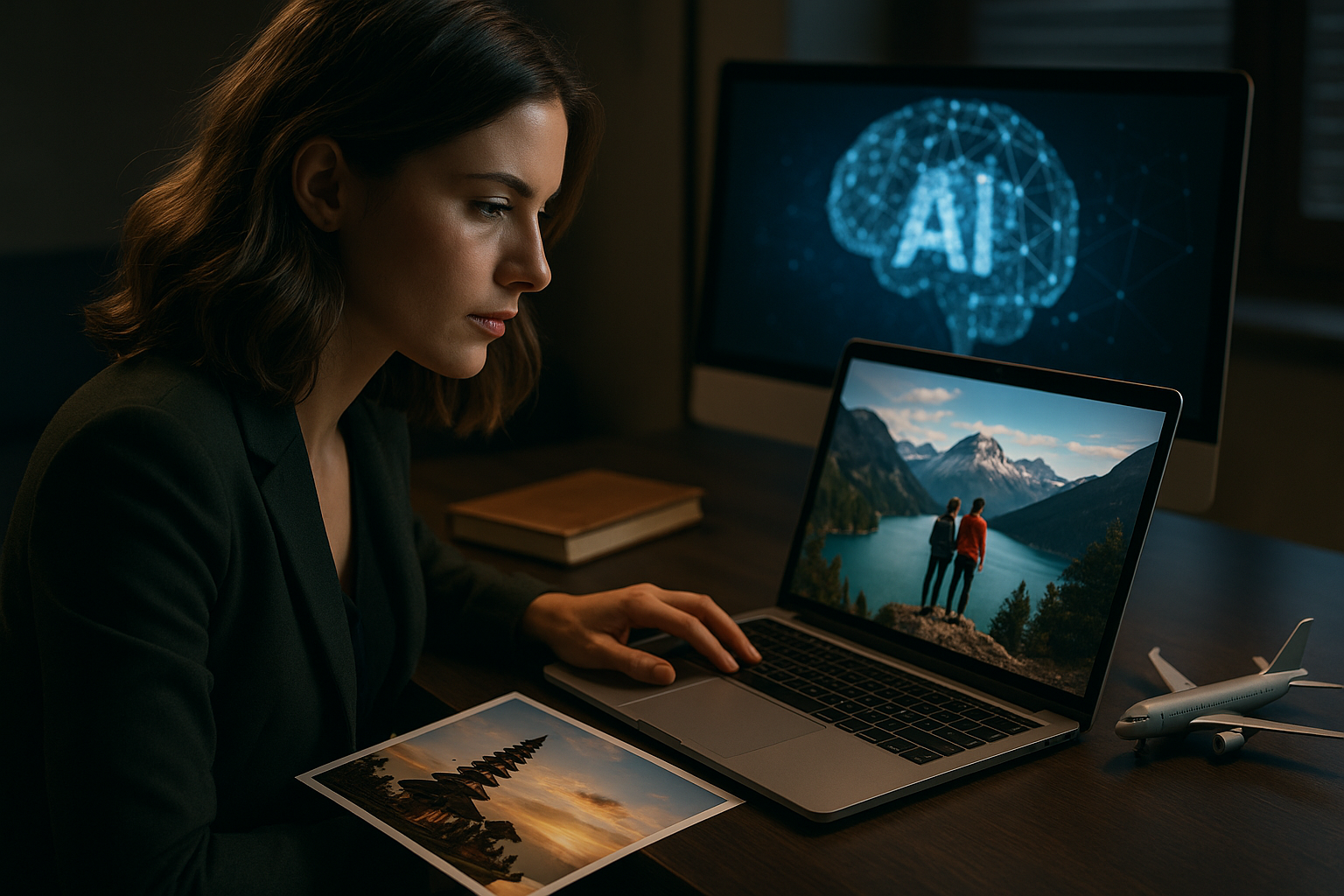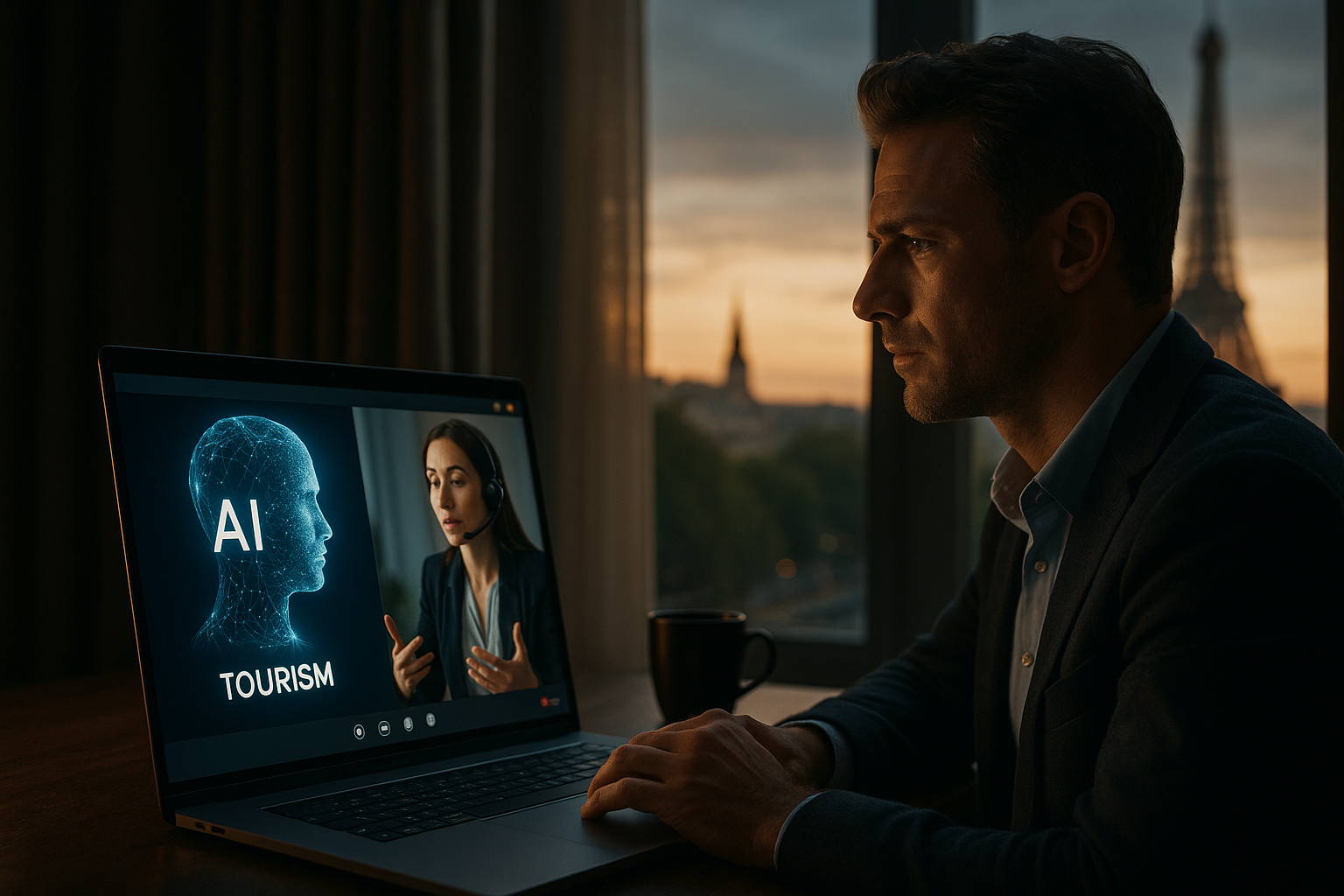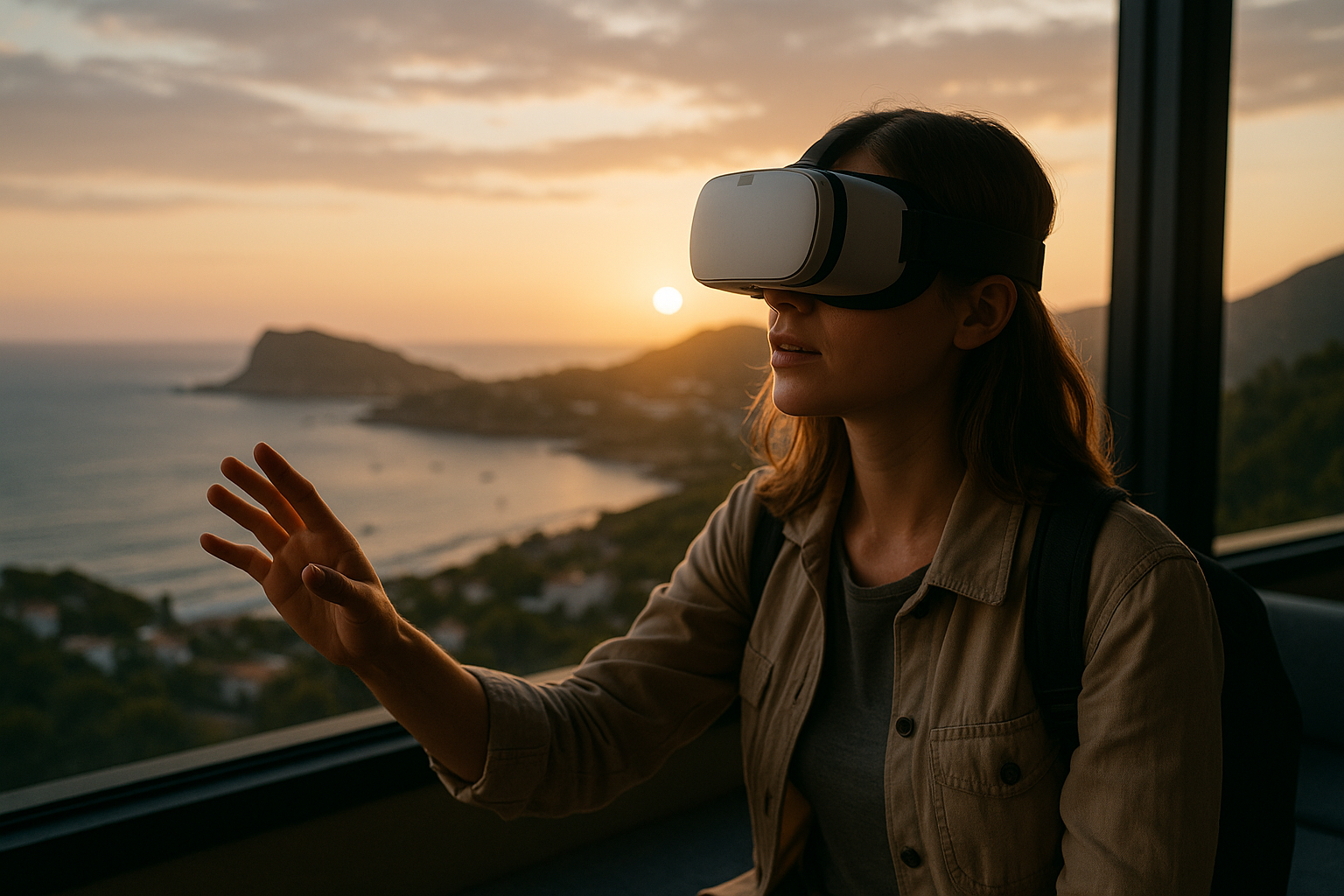AI in Travel: Transforming the Marketing Landscape
In recent years, the travel, tourism, and hospitality industries have witnessed a significant shift in how they approach marketing strategies. The integration of Artificial Intelligence (AI) into media buying and search dynamics is reshaping the traditional marketing script, compelling agencies to rewrite their blueprints for success.
The Power of AI in Search
AI's prowess in processing vast amounts of data with accuracy and speed is unparalleled. In the realm of search engine optimization (SEO) and search marketing, AI algorithms are being utilized to better understand user intent, predict search trends, and tailor content that resonates with potential travelers. This technological evolution is not just about refining keywords but also about enhancing the user experience by providing more personalized and relevant results.
Furthermore, AI-driven search capabilities enable travel agencies to optimize their content for voice searches, which are becoming increasingly popular. As more consumers turn to digital assistants like Siri and Alexa for travel advice, understanding and leveraging AI in search is crucial for staying competitive.
AI's Role in Media Buying
The role of AI in media buying within the travel sector is transformative. Agencies are now equipped to make data-driven decisions that are not only more efficient but also more effective in reaching the right audience. AI systems analyze consumer behavior patterns, preferences, and demographics to create highly targeted advertising campaigns. This precision targeting helps in maximizing return on investment and enhancing customer engagement.
Moreover, AI technology allows for real-time bidding in programmatic advertising, ensuring that travel companies can dynamically adjust their strategies to align with consumer demand and competitive actions. This agility is essential in an industry as volatile and trend-sensitive as travel.
Challenges and Opportunities
While AI offers numerous advantages, integrating it into travel marketing strategies also presents challenges. One major concern is data privacy. As AI systems require substantial amounts of personal data to function optimally, ensuring compliance with privacy regulations like GDPR is critical.
Another challenge is the need for continuous learning and adaptation. The rapid pace of AI development means that travel marketers must stay informed about the latest trends and technologies to maintain a competitive edge. However, this also presents opportunities for innovation and differentiation in a crowded market.
The Future of AI in Travel Marketing
Looking ahead, the potential for AI in travel marketing is immense. As machine learning models become more sophisticated, we can expect even more personalized and immersive travel experiences. AI-driven virtual reality tours, predictive travel recommendations, and seamless booking processes are just the beginning.
Agencies that embrace AI and integrate it into their core strategies will likely see significant gains in customer satisfaction and loyalty. The travel industry stands at the cusp of a technological revolution, and those who adapt will thrive.
Concluding Thoughts
In conclusion, AI is not just a tool but a game-changer in the travel marketing arena. Its impact on search and media buying compels agencies to rethink their approaches and embrace a future where technology and human creativity work hand in hand. As we move forward, the synergy between AI and travel will redefine how we explore the world.
Sources
This article references: Digiday




Comments
Leave a Comment
No comments yet. Be the first to comment!